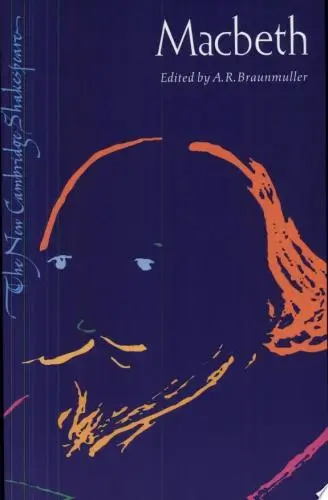
Macbeth
What's it about?
Macbeth is a profound exploration of ambition, guilt, and the supernatural. As you follow Macbeth's journey from a noble warrior to a tyrannical ruler, you will encounter the dangers of unchecked ambition and the consequences of moral compromise. The influence of the three witches highlights the theme of fate versus free will, prompting you to reflect on how choices shape destiny. Through its complex characters and moral dilemmas, the play invites you to consider the impact of power on the human psyche and the cost of ambition.
About the Author
William Shakespeare, English playwright and poet, crafted iconic works like "Hamlet," "Macbeth," and "Romeo and Juliet." His writing combines intricate character development with profound exploration of themes such as love, power, and fate. Known for his innovative use of language, Shakespeare's works profoundly influence literature and theater.
5 Key Ideas of Macbeth
The Perilous Path of Ambition
Unchecked ambition can lead to one's own downfall, urging a mindful pursuit of aspirations.
Consider dear Macbeth, who, upon hearing the witches' prophecies, allowed ambition to overshadow reason, ultimately leading to his tragic demise.
- Ambition without conscience can lead to morally questionable decisions, as seen in Macbeth's choice to murder King Duncan.
- The relentless pursuit of power blinds one to ethical considerations, as Lady Macbeth's role illustrates, where her ambition surpasses her moral limits.
- Unchecked ambition often results in paranoia and alienation, demonstrated when Macbeth's actions isolate him from allies and loved ones.
Reflect upon your current goals and assess whether they align with your core values and moral compass.
Beware the tendency to focus solely on results; instead, balance ambition with ethical mindfulness to maintain integrity.
Heed the Whisper of Conscience
Listening to one's conscience can safeguard against decisions that betray personal values and principles.
Macbeth's guilt manifests vividly in the form of hallucinations and haunted visions, signaling the powerful cries of a disturbed conscience.
- Ignoring one's conscience can lead to inner turmoil, as Macbeth’s haunted nights and bloodstained hands reveal his internal struggle.
- Conscience serves as a moral guide, urging reflection before taking life-altering actions, a path Macbeth neglects to tragic consequences.
- A clear conscience supports mental peace, whereas Macbeth finds himself trapped in anxiety and madness.
Take a moment to meditate or journal about a decision; if discomfort arises, explore that feeling further.
Do not dismiss subtle feelings of unease; they are often the mind’s warning bells against questionable choices.
The Inevitable Collapse of Deception
Deception, while seemingly beneficial for short-term gains, ultimately leads to personal ruin.
In their lust for power, Macbeth and Lady Macbeth cloak their naked villainy in fair appearances, only for their deceit to unravel their lives.
- Deception creates a fragile edifice of lies, which Macbeth’s regime exemplifies by shattering under scrutiny and rebellion.
- Maintaining a web of deceit requires energy and constant vigilance, resulting in exhaustion and mental deterioration.
- The inevitable exposure of deceit yields dire consequences, symbolized by Macbeth's alienation and downfall.
Practice transparency today by sharing a truth you’ve kept hidden with someone you trust.
Avoid the enticing allure of small lies for immediate relief; they often weave into larger, unmanageable falsehoods.
Deeper knowledge. Personal growth. Unlocked.
Unlock this book's key ideas and 15M+ more. Learn with quick, impactful summaries.
Read Full SummarySign up and read for free!
Macbeth Summary: Common Questions
"Fair is foul, and foul is fair." This captivating opening line of Macbeth sets the stage for a tale steeped in ambition, betrayal, and supernatural elements. The play follows Macbeth, a once-heroic Scottish general whose encounter with three witches ignites his vaulting ambition to become king. As he succumbs to the temptations of power, we see his transformation from noble warrior to tyrannical dictator, accompanied by his equally ambitious wife, Lady Macbeth. Their haunting descent into madness had me hooked until the very end.
What struck me is how Shakespeare expertly intertwines the motifs of guilt and paranoia. The hallucinations that plague both Macbeth and Lady Macbeth offer a deeply psychological element to their characters, leaving me questioning the boundary between sanity and madness. The symbolism of blood and darkness enhances the atmosphere of dread, drawing parallels to other tragic works like Hamlet or even modern interpretations of moral decay in literature. However, I often found myself thinking about the nuances of fate versus free will—did the witches truly control Macbeth’s destiny, or did he forge his path through his own choices?
Overall, Macbeth is a masterpiece that highlights the destructive power of unchecked ambition and the moral consequences that follow. Whether you’re a fan of classics or enjoy modern thrillers that explore similar themes, I highly recommend diving into this gripping tragedy.
Experience Personalized Book Summaries, Today!
Discover a new way to gain knowledge, and save time.
Sign up for our 7-day trial now.
No Credit Card Needed

Similar Books

The Hobbit
J.R.R. Tolkien
Fichte
Johann Gottlieb Fichte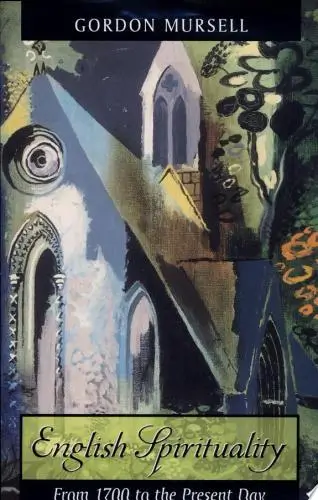
English Spirituality
Gordon Mursell
Serpent Rising: The Kundalini Compendium
Neven Paar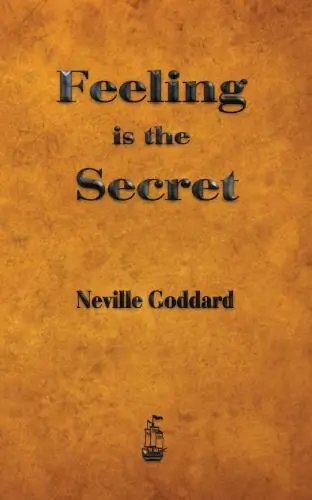
Feeling Is the Secret
Neville Goddard
How to Read the Akashic Records
Linda Howe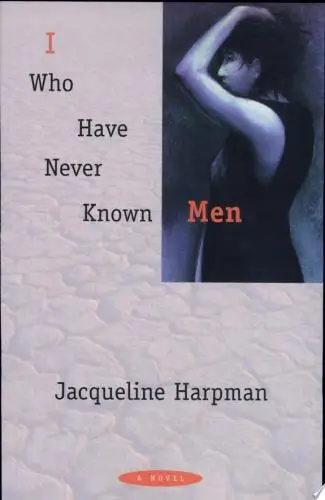
I Who Have Never Known Men
Jacqueline Harpman
Key Approaches to Biblical Ethics
Rabens, Volker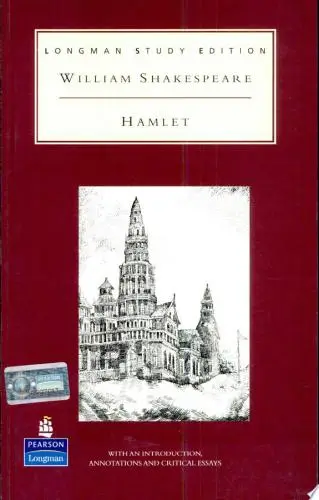
Hamlet
Shakespeare
When Crickets Cry
Charles MartinTrending Summaries

Peak
Anders Ericsson
Never Split the Difference
Chris Voss
Smart Brevity
Jim VandeHei
The Psychology of Money
Morgan Housel
The First 90 Days
Michael D. Watkins
Atomic Habits
James Clear
Thinking, Fast and Slow
Daniel Kahneman
The Body Keeps the Score
Bessel van der Kolk M.D.
The Power of Regret
Daniel H. Pink
The Compound Effect
Darren HardyNew Books

Comprehensive Casebook of Cognitive Therapy
Frank M. Dattilio
The White Night of St. Petersburg
Michel (Prince of Greece)
Demystifying Climate Models
Andrew Gettelman
The Hobbit
J.R.R. Tolkien
The Decision Book
Mikael Krogerus
The Decision Book: 50 Models for Strategic Thinking
Mikael Krogerus
Fichte
Johann Gottlieb Fichte
Do No Harm
Henry Marsh
This is Going to Hurt
Adam Kay
